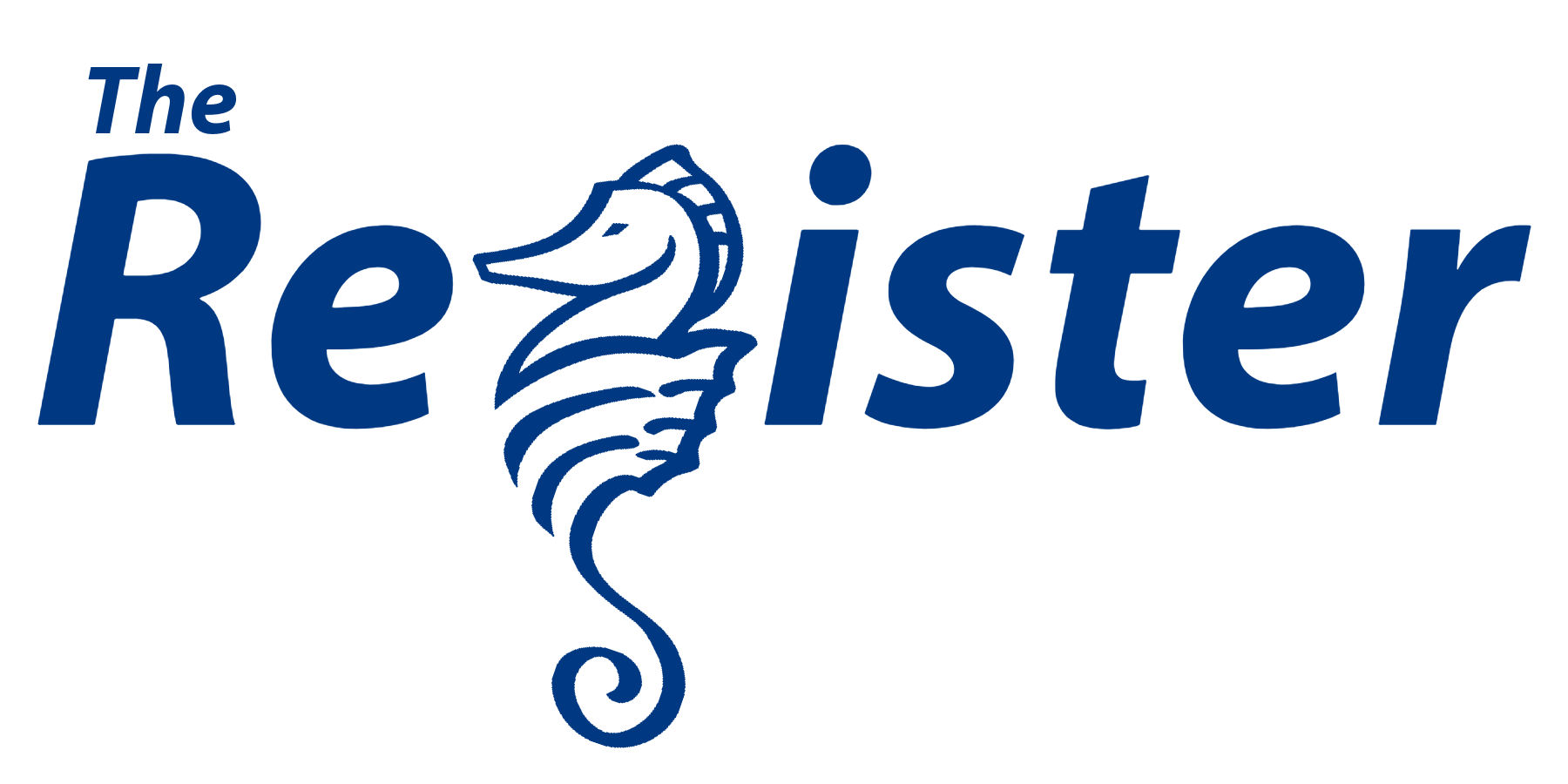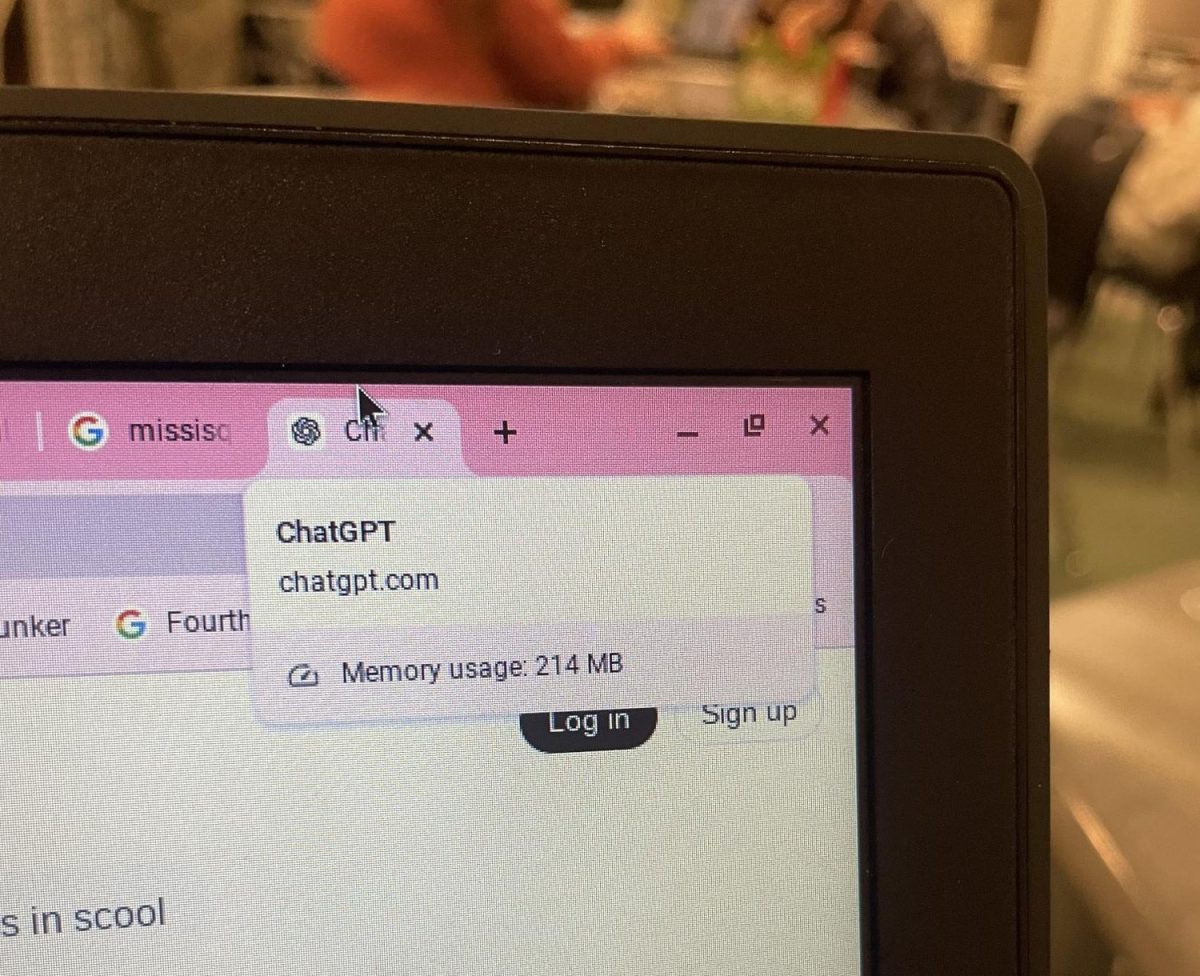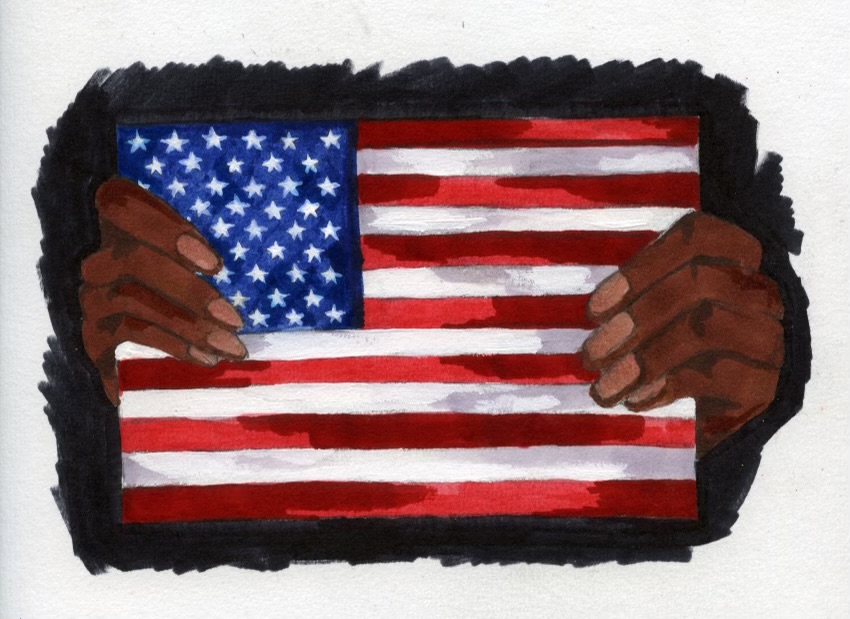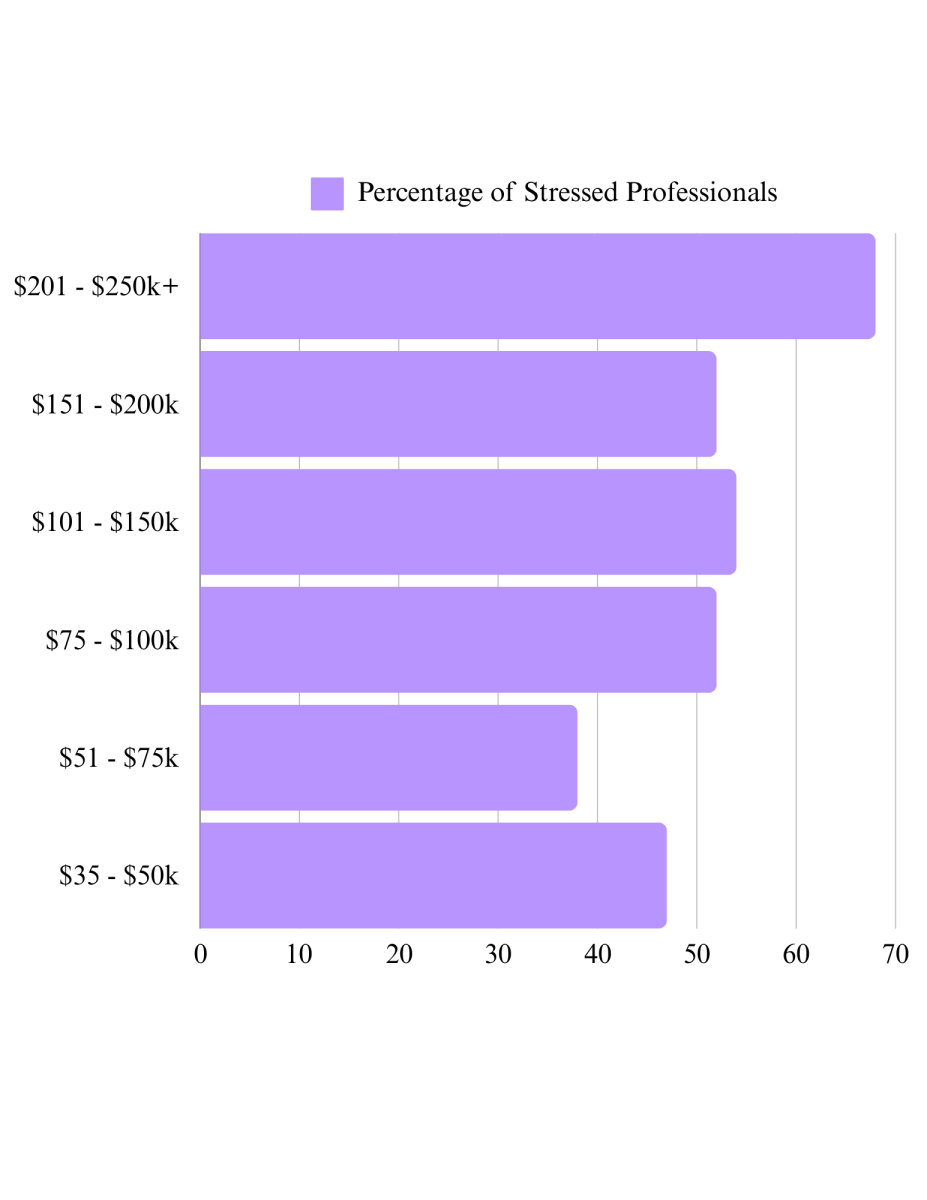Quality journalism is no longer a luxury. It is a necessity, required in order to maintain a functioning society. Well trained journalists expose injustices, seek truth, and keep public officials on track.
Our education system should seek to train these young reporters, and help them find their confidence. Since the 1988 Supreme Court Case of Hazelwood v. Kuhlmeier, however, this has become a difficult task.
In 1983, students at the Hazelwood East High School student newspaper planned on publishing two controversial stories; one on teen pregnancy and the other on divorce. Both stories contained quotes from anonymous students.
Before the paper was sent to press, the principal of the school decided that the stories were not appropriate, and unbenounced to students, pulled the articles. Students brought a suit against the school, alleging that their first amendment right was violated. The case made it’s way up to the Supreme Court, where the nine justices ruled against the students.
The Hazelwood ruling prevents high schoolers from having control over their school newspaper, and allows administration to look over and censor the paper before it goes to press.
This decision goes against the very point of a public school system. Attending students should be subject to a variety of viewpoints, not just those that the school deems appropriate. A variance of beliefs is essential for a thriving community.
Steve Bannon, Chief White House strategist, told the New York Times that the media “should keep it’s mouth shut” and “media here is the opposition party”. Kelleyanne Conway described misinformation released by the White House as “alternative facts.”
We need journalists in this world who are willing to write quality stories and stand up for themselves. In an age when quality journalism is increasingly important, we should be teaching students that censorship is not okay. In order to foster the curiosity that attracts students to journalism in the first place, we need to more clearly present and protect student rights.
That’s why a bill called New Voices is so desperately needed. The bill, introduces to the Vermont Senate’s education committee last week, aims to forbid censorship of students for a school publication. Administration would not be able to review the paper before it goes to press.
This sets a precedent for the publication; to be able to publish what it feels the community needs to know without fear of backlash from administration. But it also sets a precedent for the journalists themselves, as we are teaching the future of this profession to not accept censorship.










Vana Zellers • Feb 4, 2017 at 8:12 pm
Great article Jake!
So proud of you!